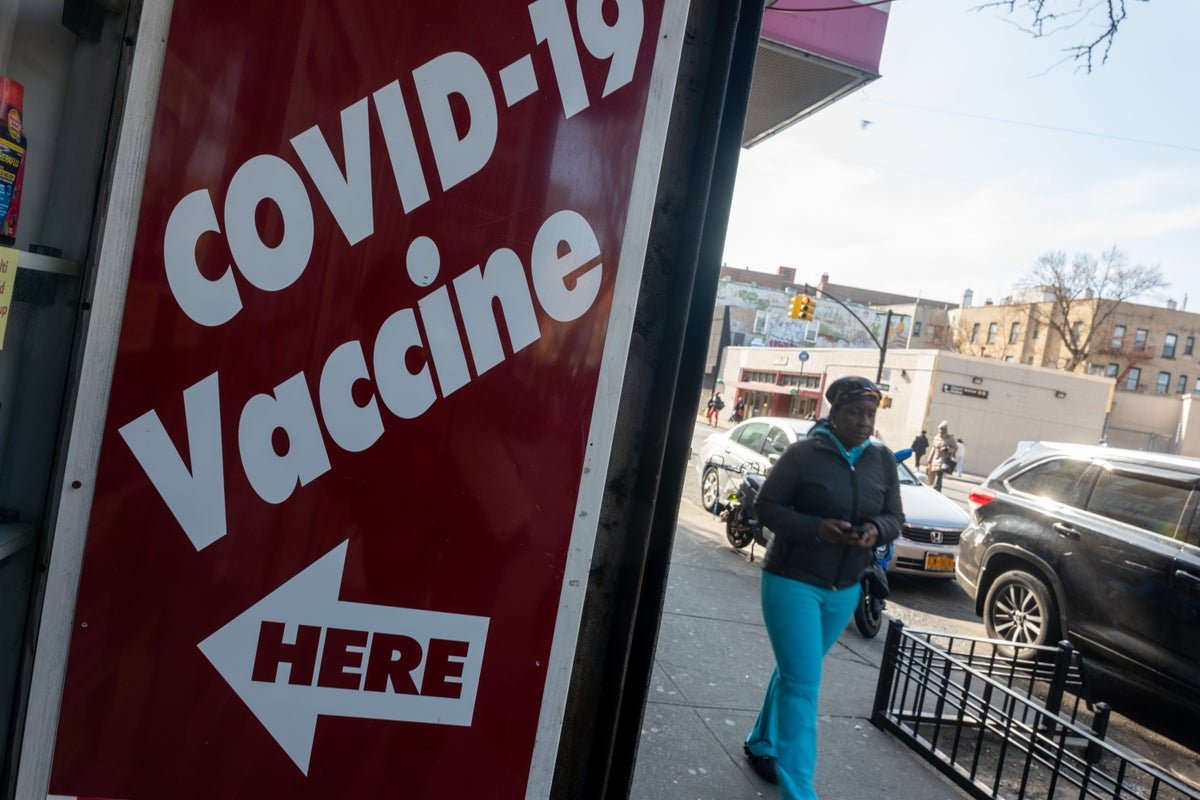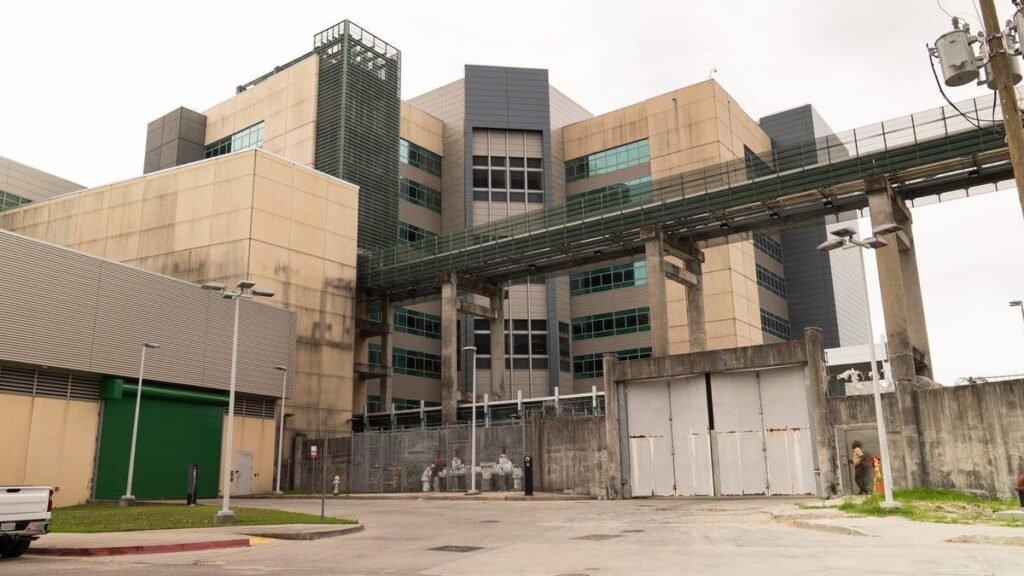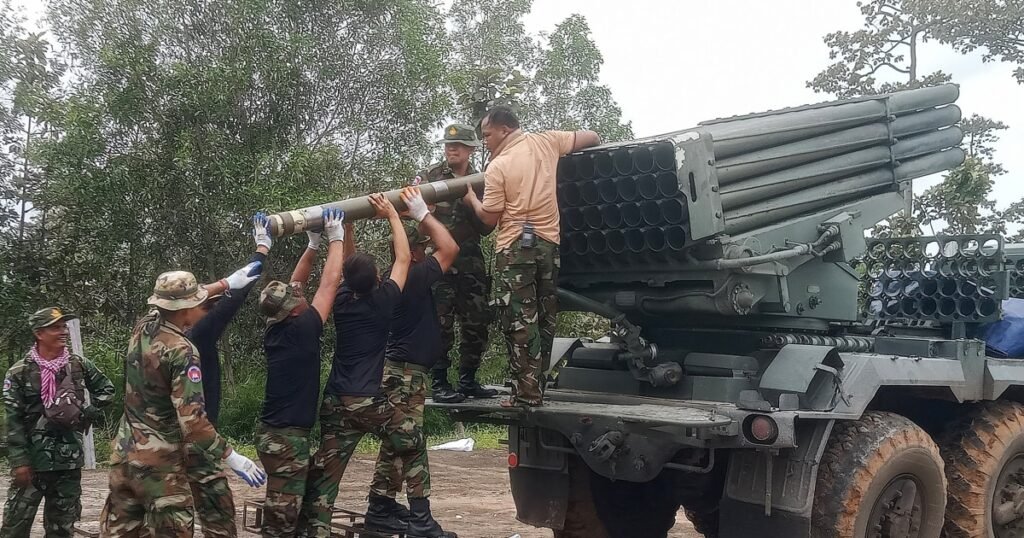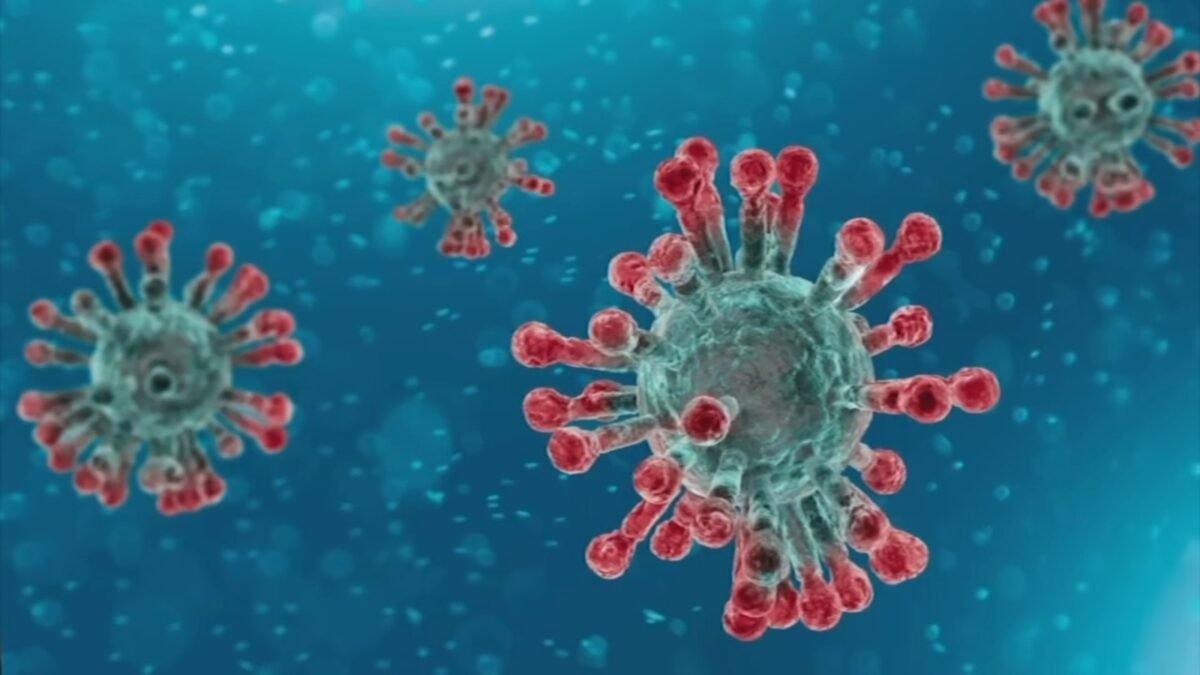Now Reading: A new Covid variant surging in Asia is now spreading across the US. Here’s where it is and what to know
-
01
A new Covid variant surging in Asia is now spreading across the US. Here’s where it is and what to know
A new Covid variant surging in Asia is now spreading across the US. Here’s where it is and what to know

The new Covid variant is continuing to proliferate around the U.S. — although you might not know it by just checking federal variant-tracking dashboards.
Known as NB.1.8.1, the omicron variant has been tracked in states across the country following a large surge in China. Although, right now, LP.8.1 — a descendent of JN.1 — is the nation’s dominant strain.
The Centers for Disease Control is in regular contact with international partners, and is aware of reported NB.1.8.1 cases in China, an agency spokesperson told The Independent. There have been too few U.S. sequences reported thus far for the variant to be included in its dashboard.
But, in Asia, it’s resulted in increased hospitalizations and emergency room visits. So, what should Americans know about NB.1.8.1, and how worrying is its spread? Here’s what to know.
What and where is NB.1.8.1?
NB.1.8.1 has been designated a SARS-CoV-2 variant under monitoring, with increasing proportions globally, according to the World Health Organization. There are currently six tracked by the agency.

A new Covid variant that led to hospitalizations in Asia has a foothold in the U.S. It’s known as NB.1.8.1 (Getty Images)
It’s spread throughout 22 countries. In the U.S., it has been traced to New York, California, Arizona, Ohio and Rhode Island, according to records from local health officials at the CDC’s airport testing partner Ginkgo Bioworks.
While still low in numbers, the WHO noted that there had been a significant rise in its prevalence from late March to April.
What do we know about related infections?
The public health risk posed by this variant is evaluated as low at the global level.
“Despite a concurrent increase in cases and hospitalizations in some countries where NB.1.8.1 is widespread, current data do not indicate that this variant leads to more severe illness than other variants in circulation,” the WHO said.
But, while it may not be particularly severe, may infect people more easily than previous variants. There is some evidence that the variant binds more tightly to human cells.
“Data indicates that NB.1.8.1 does not lead to more severe illness compared to previous variants, although it appears to have a growth advantage, suggesting it may spread more easily,” Subhash Verma, a professor of microbiology and immunology at the University of Nevada, Reno School of Medicine, told CBS News this week. “In other words, it is more transmissible.”

The Food and Drug Administration recently said that it would shift to narrow approval for updated Covid vaccines. Currently-approved shots are expected to remain effective against the NB.1.8.1 variant (Getty Images)
Do the Covid vaccines work against NB.1.8.1?
Yes, our currently-approved Covid shots are expected to remain effective against this variant and protect against severe disease.
However, access to the vaccines is being limited by the Trump administration. On Tuesday, health officials said the Covid vaccine for healthy children and pregnant women had been removed from the CDC’s recommended immunization schedule. The Food and Drug Administration said last week that it will continue to approve updates for seniors and Americans with underlying medication conditions. However, it will require vaccine makers to conduct major new clinical trials before approving them for wider use.
Although the number of Covid-related hospitalizations and deaths has fallen considerably since the pandemic’s start, experts worry about what limiting access to vaccines could do.
“Is the pharmacist going to determine if you’re in a high-risk group?” Dr. Paul Offit, a vaccine expert at Children’s Hospital of Philadelphia, told The Associated Press. “The only thing that can come of this will make vaccines less insurable and less available.”
For now, people can still get the shots.



















































